Dr. Charles Fitzsimmons is an Assistant Professor in the Department of Psychological and Brain Sciences at the University of North Florida. He completed his Ph.D. in Psychological Sciences from Kent State University. Dr. Fitzsimmons is a cognitive-developmental psychologist who studies the way people learn, think, and solve problems across the lifespan. Much of his work focuses on how people self-regulate their learning and awareness of their own knowledge, how they (mis)understand numbers, and how individual differences relate to thoughts and feelings about numbers and math. He also studies the way people think about and understand numbers outside of educational contexts, such as when they see health statistics, whether errors can be reduced with visual displays, and how knowledge can be gained through training. In collaboration with colleagues, Dr. Fitzsimmons has secured funding from the U.S. Department of Education and the National Science Foundation to improve children’s understanding of fractions and to improve children’s ability to metacognitively monitor and self-regulate their own learning. Dr. Fitzsimmons is currently on the editorial board of the Journal of Experimental Child Psychology and is an Editorial Fellow for the Journal of Experimental Psychology: Learning, Memory, and Cognition. In his spare time, Charlie enjoys spending time with his wife, Chelsea, watching live music, reading fiction books, running, cycling, swimming, or spending time with his dog.
Dr. Clarissa A. Thompson is a Professor of Psychological Sciences at Kent State University. She completed her Ph.D. in Cognitive and Developmental Psychology at The Ohio State University, under the supervision of Dr. John Opfer. Next, she worked with Dr. Robert Siegler as a postdoctoral research associate at Carnegie Mellon University. Prior to joining the KSU faculty in 2014, Dr. Thompson was an Assistant Professor of Psychology at the University of Oklahoma where she coordinated the Introduction to Psychology Program. Dr. Thompson’s area of research expertise focuses on how children and adults learn and remember, with much of her recent work centering on how people (mis)understand and are anxious about rational numbers, such as fractions, ratios, percentages, and decimals. Dr. Thompson and her collaborators have secured extramural funding from the U.S. Department of Education’s Institute of Education Sciences and the National Science Foundation to improve children’s and adults’ understanding of fractions, teach adults how to mathematically compare real-world COVID-19 health risks, and broaden participation in STEM fields. Dr. Thompson is Chair of the KSU Institutional Review Board, Acting Director of the KSU Office of Postdoctoral Affairs, and Associate Editor for the Journal of Experimental Child Psychology.
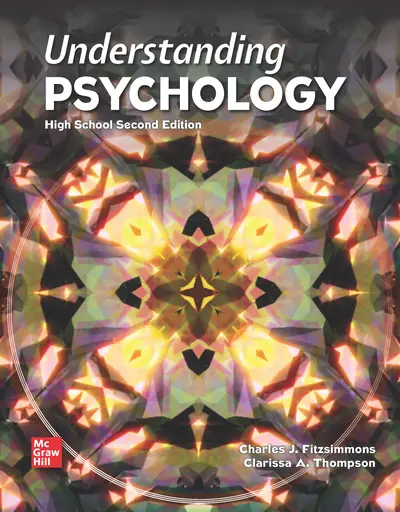




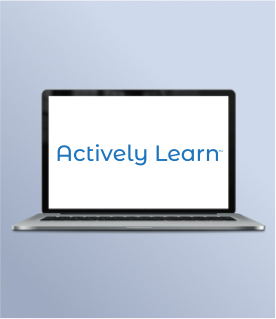






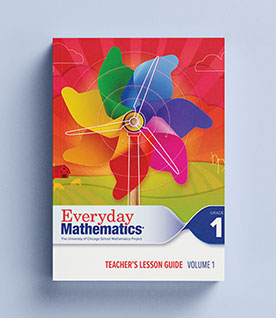

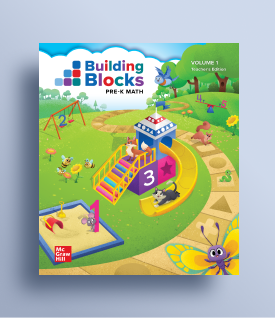
















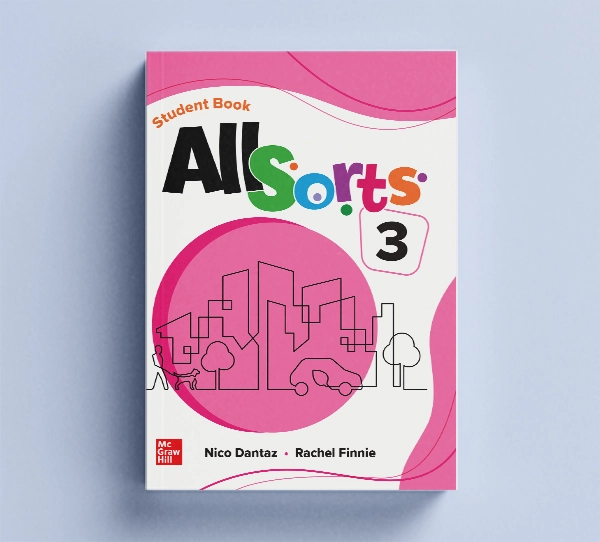













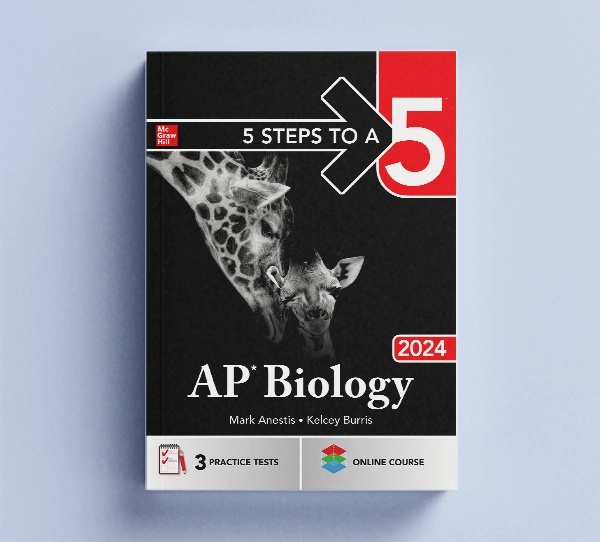
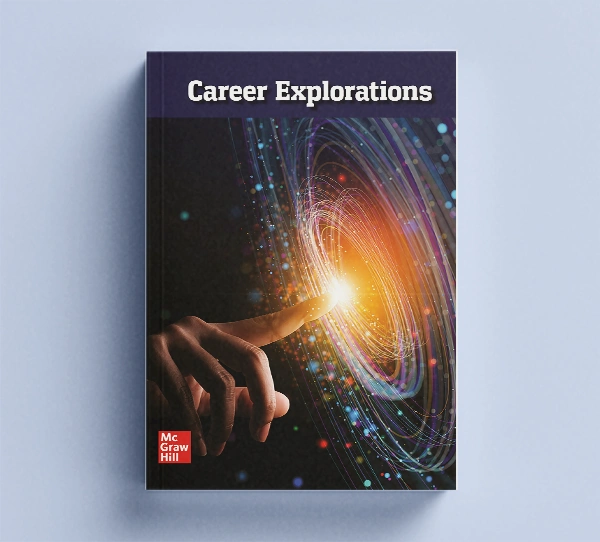
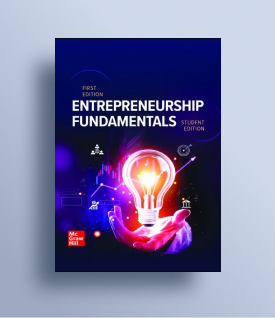

Social Studies
View all Social Studies Programs
IMPACT (K–5)
Actively Learn (3–12)
New Social Studies (6–12)
Networks (6–12)